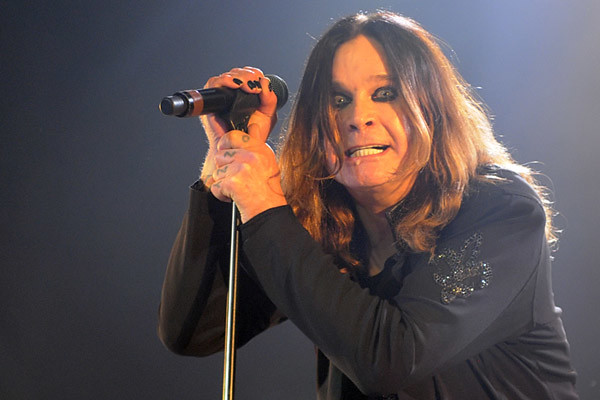The BBC’s Monday night lineup suddenly shifted when “Ozzy Osbourne: Coming Home” vanished from schedules just hours before its planned broadcast. The intimate documentary, chronicling three years with the Prince of Darkness during his health struggles, was replaced by a “Fake Or Fortune” rerun without explanation—leaving fans and industry observers puzzled by the network’s silence.
The Final Chapter That Wasn’t
This wasn’t just another celebrity documentary getting bumped for ratings.
The film promised unprecedented access to Ozzy’s struggle with Parkinson’s disease and his family’s attempt to relocate permanently to the UK. Produced by Expectation and commissioned by BBC’s Clare Sillery, the documentary captured everything from emotional family moments to Ozzy’s final live appearance with Black Sabbath in Birmingham.
Originally conceived as a multi-episode series called “Home To Roost,” the project was condensed into a single film as Ozzy’s health rapidly deteriorated. The intimate footage spans the period when the Osbourne family was attempting their UK move, documenting both humorous and candid moments as they navigated mounting health challenges.
Radio Silence From Broadcasting House
BBC’s official response raises more questions than answers.
Network spokespersons offered only that the film “has moved in the schedules” with transmission details to follow “in due course.” For a major documentary pulled from BBC about one of Britain’s most iconic musicians, this level of editorial opacity feels unusual.
The timing compounds the mystery—completed documentaries about legendary artists typically generate significant viewer interest, especially when they promise the candid family access Sharon, Jack, and Kelly Osbourne rarely provide. You don’t just pull a finished film featuring unprecedented Osbourne family cooperation without serious reasons.
When Editorial Decisions Meet Legacy Management
The cancellation highlights broader questions about handling sensitive celebrity content.
Documentary scheduling changes aren’t unprecedented, but pulling completed content hours before broadcast suggests either last-minute legal complications or editorial concerns about sensitivity. Like Netflix’s careful curation of controversial posthumous releases, traditional broadcasters increasingly weigh public interest against family wishes and cultural moment timing.
The BBC’s reluctance to explain their decision mirrors how streaming platforms now handle potentially sensitive celebrity content. When institutions suddenly go silent about major programming decisions, you can bet there’s more happening behind closed doors than simple scheduling adjustments—much like the careful handling of rock star meltdowns in public settings.
Fans expecting this final glimpse into Ozzy’s world will have to wait for the network’s next scheduling announcement. Whether editorial caution or external pressure drove this decision, the silence speaks volumes about how carefully institutions now navigate high-profile documentary content when health and family dynamics intersect with aging music legends.


























